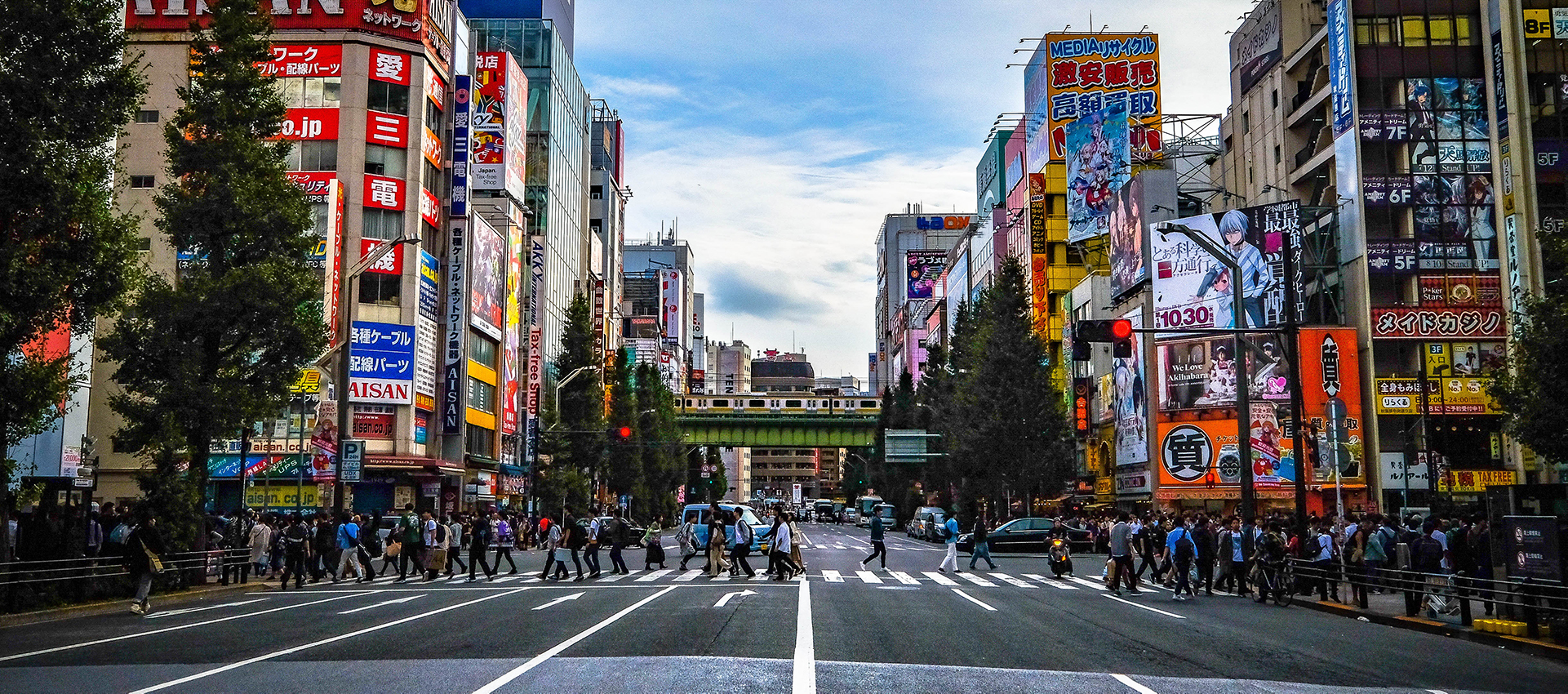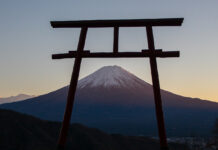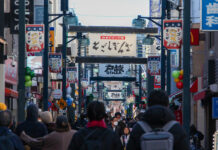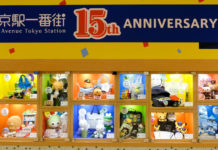Whenever we travel anywhere, there will always be things that take us by surprise. This happens even if we do our research, take a phrasebook, and prepare ourselves for a little culture shock. No matter how prepared you think you are, there will always be things in Japan that take you by surprise during your first week, first month, even your first year.
10 Things to Know Before Coming to Japan
Here are ten unique and lesser-known things to know and bear in mind before coming to Japan: things that will make your trip easier and stress-free.
1. You always need to have cash
When it comes to how we pay, every country is different. And, while Sweden is making plans to do away with cash entirely, Japan is still very much a cash culture. One of the things to know before coming to Japan is that you always need a decent amount of cash in your wallet. A lot of bigger stores do take card payments, but small cafes and restaurants probably won’t, and every city in Japan is home to millions of small restaurants. They’re the places you’ll be eating at the most, so you will need to have cash on you.
It’s worth noting that Japan is moving gently towards an overall greater focus on card-friendliness but it’s a slow-moving glacier. Alternatively, you can use your IC card (rechargeable cards like Suica and Pasmo) in many places, provided you’ve topped it up.
2. There are no bins on Tokyo Streets
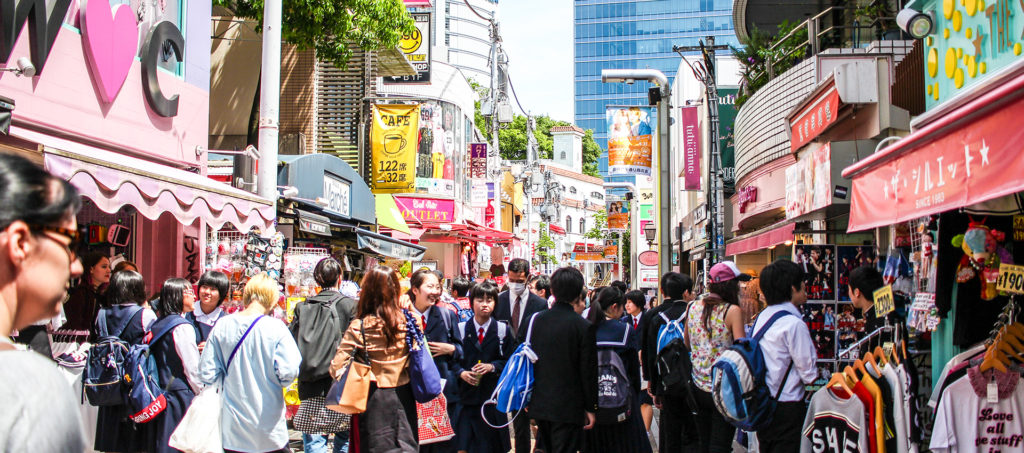
This takes everyone by surprise, and isn’t something anyone warns you about before coming to Japan. There are multiple reasons for this, but the main decision behind it is to avoid the opportunity for terrorists to hide bombs and weapons (even though Japan is one of the safest places on Earth). Other smaller cities often have more public trash cans, but still not as many as you’d expect. Tokyo’s streets, however, have close to zero. This means you’ll need to have a bag with you and be prepared to keep your rubbish until you get home. Or, alternatively, you’ll often find bins in convenience stores and, sometimes, recycling bins next to vending machines.
3. Trains stop running earlier than you think
If you’re planning on having a proper night out in Tokyo, be prepared to make it an all-nighter, to have it cut short, or to shell out a lot for a taxi. Most of the trains in Tokyo stop running before midnight, so try to drink somewhere close to home when possible. A big night out in Shibuya for someone living in Ueno is going to be a challenge. You can often find a cheap capsule hotel as a last resort, or just keep your energy up and drink ‘til morning.
4. Some trains are ‘express’ and skip stops
When you’re on a platform in Tokyo and your train pulls in, check what kind of train it is. There are ‘local’, ‘rapid’, and ‘express’ trains, depending on the line. Local trains stop at every station, while rapid avoid the smaller ones and express only stop at the biggest stations. Check which of the three stops at your destination and choose your train accordingly. It’s a great system once you get to grips with it, but that can take a while.
5. There is less English than you’d expect
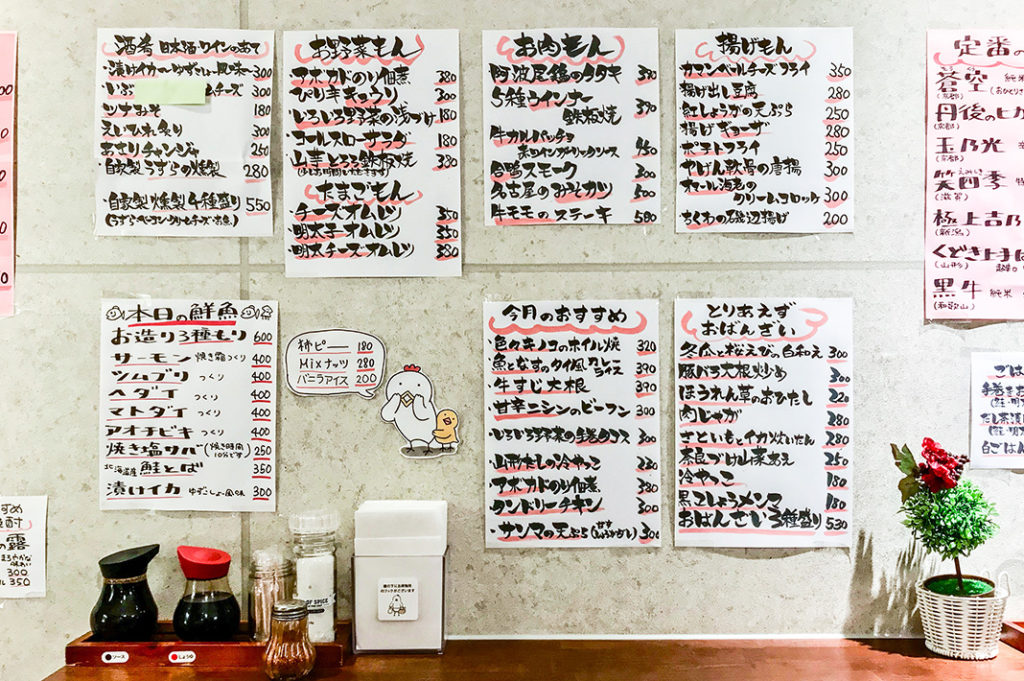
Japan is very tourist-friendly, to a point. Trains and road signs are all in English, and bigger chain restaurants have English menus. But izakayas and small ramen places may not have any English at all. Even the price may be displayed in kanji, rather than the Arabic numbers we’re used to in the West. If you want to try the local flavour, you may struggle if you have no knowledge of spoken or written Japanese, especially outside the big cities.
6. Restaurants often have ticket vending machines
Beside the entrances to many restaurants, especially smaller ones, you’ll find vending machines where you can choose your food ahead of time, feed it cash, and receive a ticket which you simply hand to the chef or waiter as you sit down. The vending machines even often have pictures of the meal. This is a great tip to know before coming to Japan.
7. Smoking in cafes and restaurants is normal
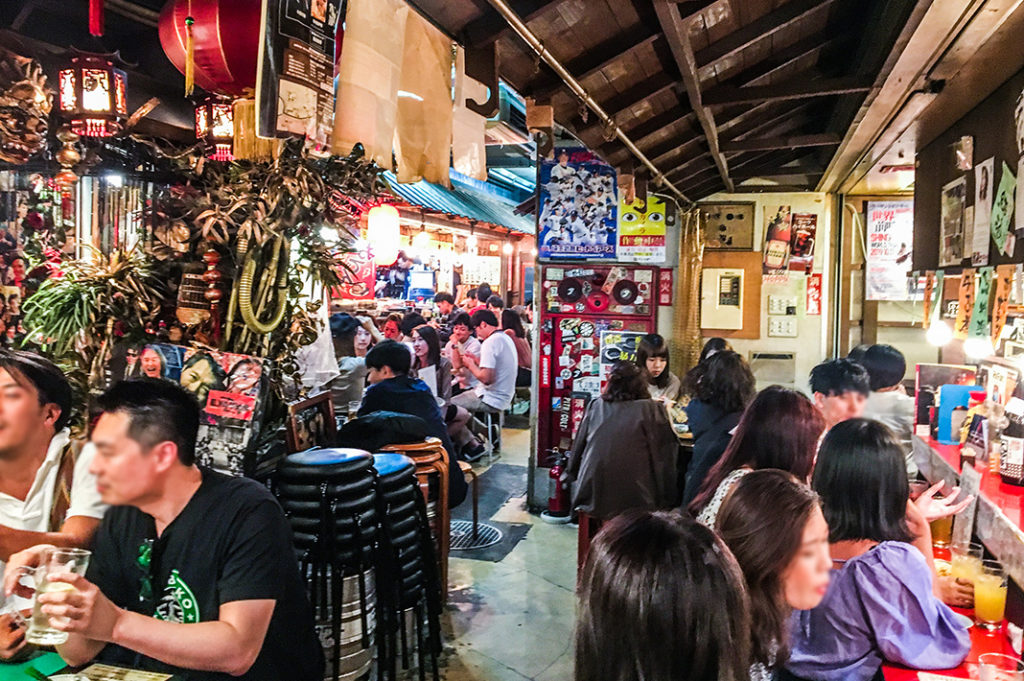
This may seem shocking if you’re coming from Europe, but many cafes in Japan have a designated smoking room, and izakayas are often filled with smoke as jolly salarymen chain smoke their way through the evening. This is changing in 2020, however. Smoking is now stricter in bars and restaurants, with establishments that want to continue allowing the smoking of cigarettes having to put up signs warning people as they enter. Bars and restaurants will also be following cafes by offering dedicated smoking rooms. This isn’t a smoking ban, per se, but rather a tightening and changing of the rules.
8. Smoking on the street is forbidden
Conversely, smoking out in the open is against the law in Japan. Instead, you’ll find designated smoking areas, often near to convenience stores, offices, and train stations. They’re strategically hidden by tall bushes and, if you want to smoke outside, you’ll need to seek one out.
9. Safety is even better than you’ve heard
Japan has its issues with natural disasters, and the crime rate certainly isn’t zero, but when it comes to keeping an eye on your valuables, nowhere is safer than Japan. Putting one’s phone or laptop down on a table in a busy cafe in order to mark one’s territory is common practice, and if you forget to take your cash from an ATM you’ll find it will still be there the next day.
10. You can eat well at convenience stores
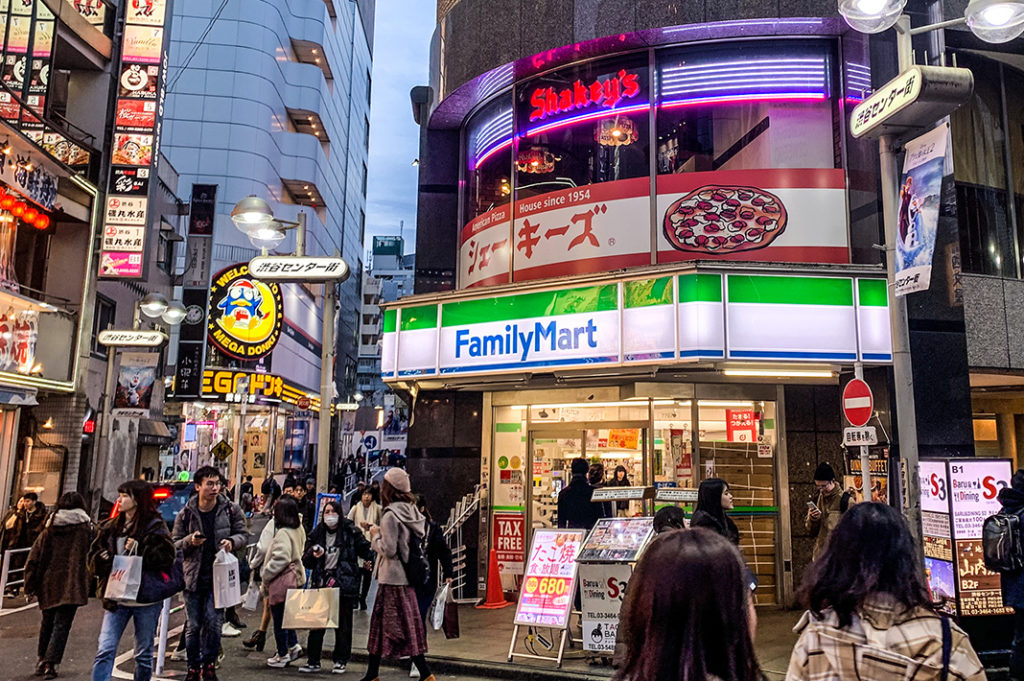
Japan takes the ‘convenience’ part of convenience stores very seriously. You can eat cheaply, well, and relatively healthily just by buying your food at your local convenience store. They even have microwaves for heating up your evening meal. They cater to every meal of the day and have a huge variety of healthy meals ready to eat.
There are, of course, many other things that may take you by surprise when coming to Japan, depending on where you grew up and what you’re used to. For the most part, Japan is such a clean and organised place that culture shock is a mostly pleasant experience. Just bear these ten things in mind before coming to Japan for the first time.
Post by Japan Journeys.



